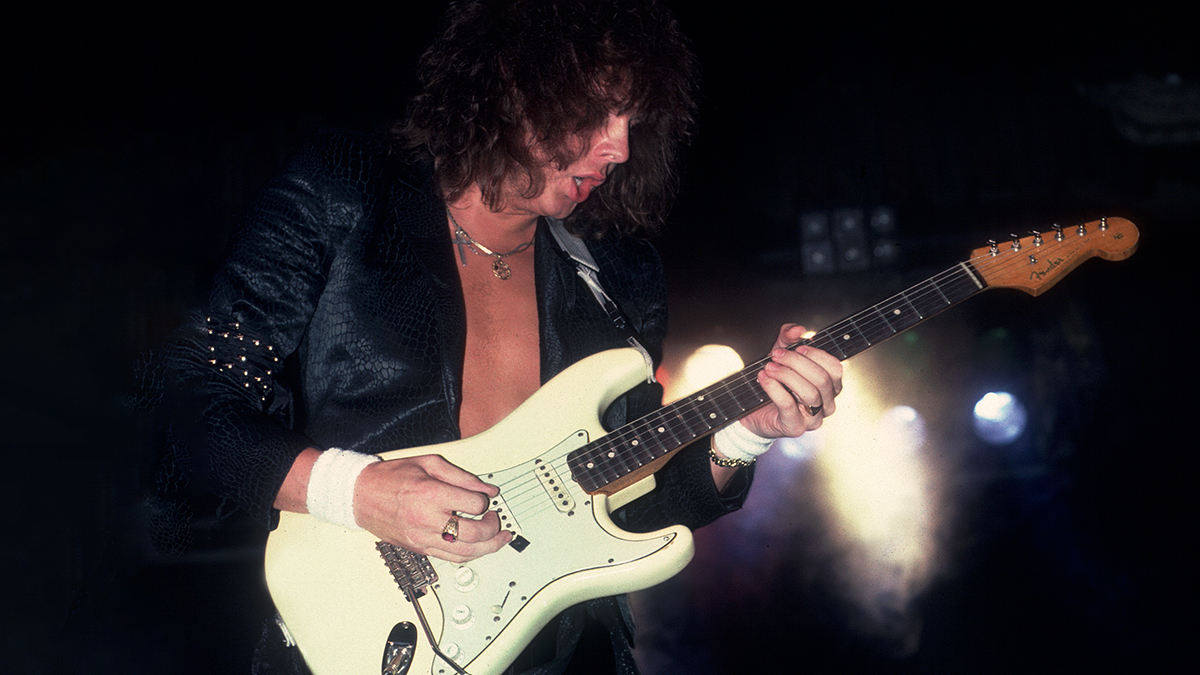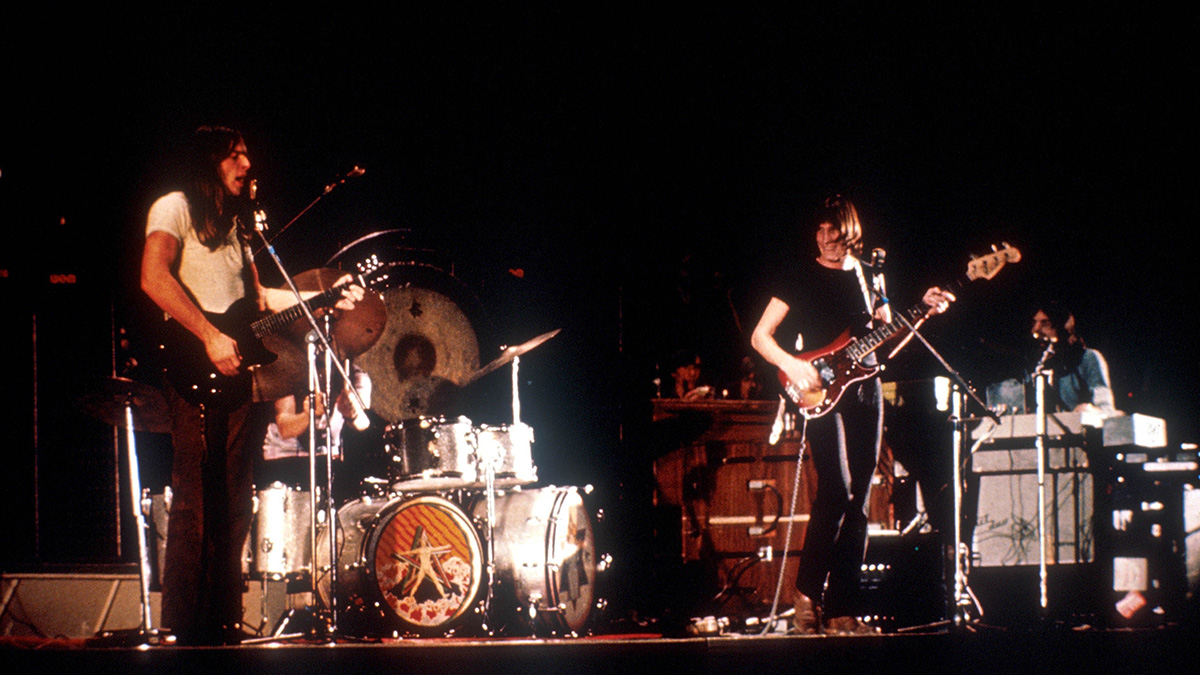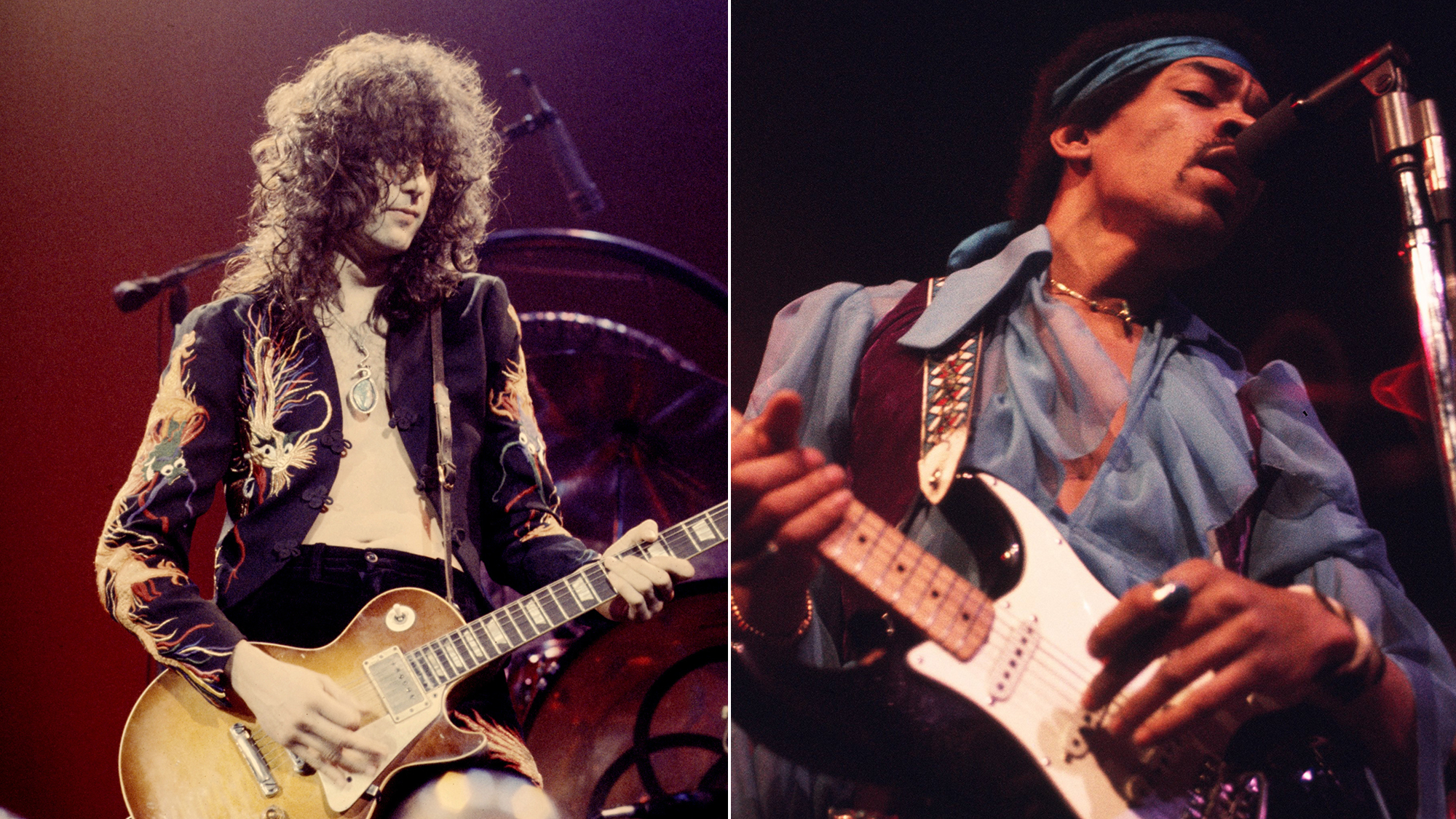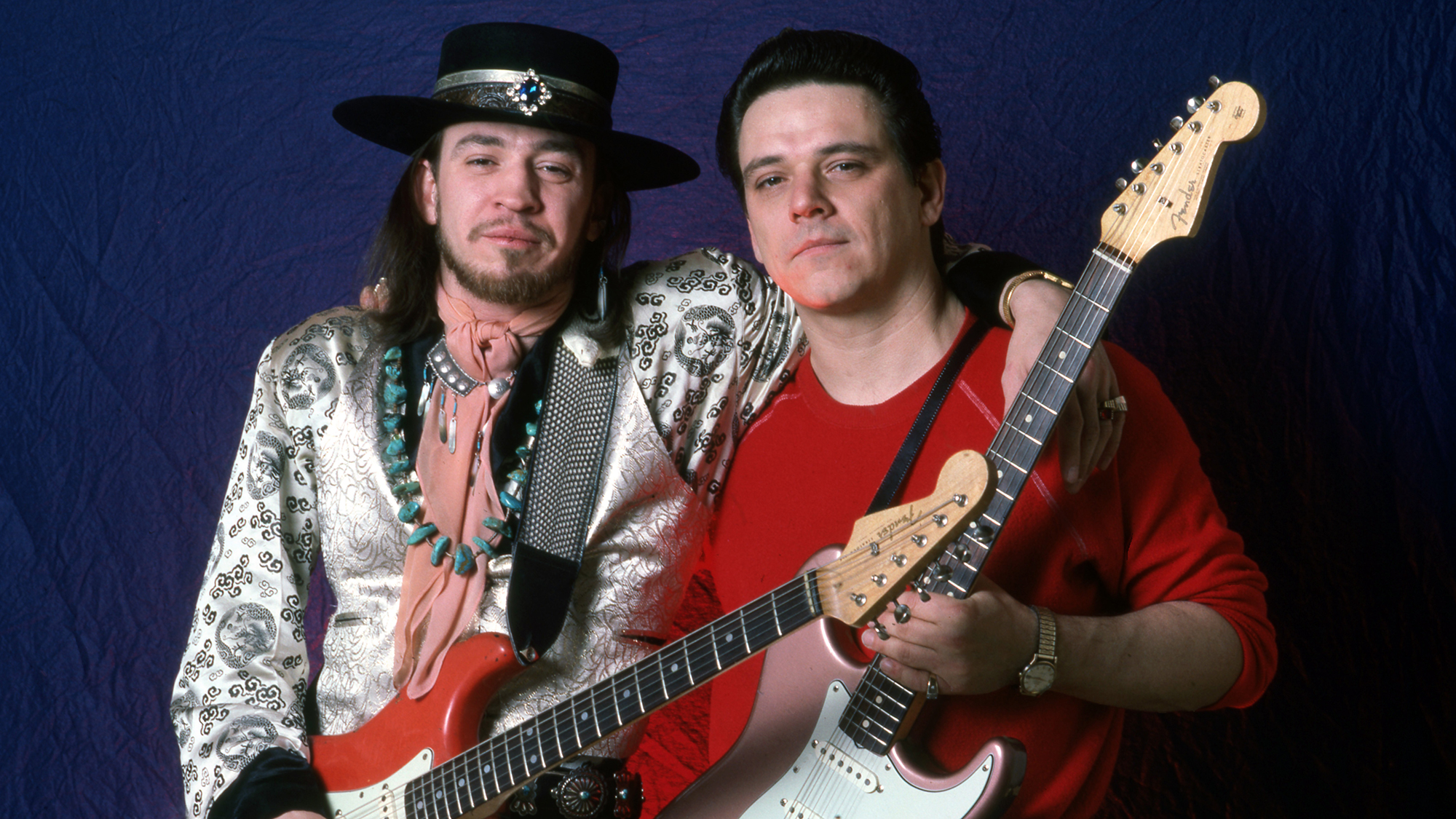“It’s tough for me to listen to many of the newer technical players out there today”: Shrapnel Records founder Mike Varney helped guitar gods soar in the 1980s, but he doesn’t “enjoy” new wave shred stars – here’s why
The founder of Shrapnel Records was a key figure in popularizing the shred boom of the 1980s, and he has some choice words for the emerging generation of fretboard pioneers

The 1980s were a definitive decade for the electric guitar. After a de facto guitar arms race was kickstarted in 1978 with the release of Van Halen’s debut album, the floodgates opened for a six-string movement unlike any other – one characterized by boundary-pushing technicality and innovation.
At the center of this shred boom was Mike Varney – a player and producer-turned-record label founder, who established the revered Shrapnel Records at the start of the ‘80s with one key objective: “To discover the best new guitar players of the decade.”
Often credited with popularizing the mid-’80s shred boom, Varney was a key figure in the guitar scene during this decade, scouting talent and overseeing records from players such as Paul Gilbert, Marty Friedman, Jason Becker, Yngwie Malmsteen, Vinnie Moore, Greg Howe, and many others.
Given this pedigree, Varney’s thoughts on the social media-driven new wave of virtuoso guitar of the past few years makes for interesting reading – especially given he doesn’t view it in a particularly favorable light.
Speaking in an upcoming interview with Guitar World, Varney voiced his thoughts on the current state of the technical guitar scene, and though he caveated his answer with the fact that “tastes will change over the years”, his opinion is far from complimentary.
“I still love technical guitar playing, but I listen to many other kinds of music, too,” he notes. “It's tough for me to listen to many of the newer technical players out there today as either they are just rehashing things Shrapnel artists did 40 years ago, or they've gotten faster and are playing seven and eight-string guitars.”
As for why he views getting faster and opting for more strings as a negative, Varney claims it's all about theatrics: such playing is supposedly designed solely to impress.
Get The Pick Newsletter
All the latest guitar news, interviews, lessons, reviews, deals and more, direct to your inbox!
“I can appreciate some of that stuff, but I don't enjoy it, as a lot of it sounds as if its sole reason for existing is to facilitate crazier guitar playing,” he concludes. “I'm not looking for anything faster than the fastest things we put out, or that has so many time changes in it that they appear to exist to try to make something sound as complex as possible. I think part of it is my age.”
When viewed relative to Varney’s ethos for identifying talent during Shrapnel Records’ golden era, his critique becomes understandable. The label founder looked for those who could write “cool songs”, “played undeniably great”, and “wanted to play guitar as a vocation and not as a hobby”.
Furthermore, Varney doesn’t view pace as a prerequisite for being an elite guitarist: “Sometimes, it's as simple as being committed and playing with everything you have – and I don't mean just speed.”
Guitar World's full interview with Mike Varney will be published later this month.

Matt is the GuitarWorld.com News Editor. He has a Masters in the guitar, a degree in history, and has spent the last 16 years playing everything from blues and jazz to indie and pop. When he’s not combining his passion for writing and music during his day job, Matt records for a number of UK-based bands and songwriters as a session musician.
“These measures threaten the economic and cultural impact of U.S.-made musical instruments”: NAMM president responds to Trump's tariffs – urgently urging the administration to exempt the musical instrument market
Stevie Ray Vaughan, Simple Minds, Megadeth, the Cult and the class of 1985 – only in the new Guitar World











